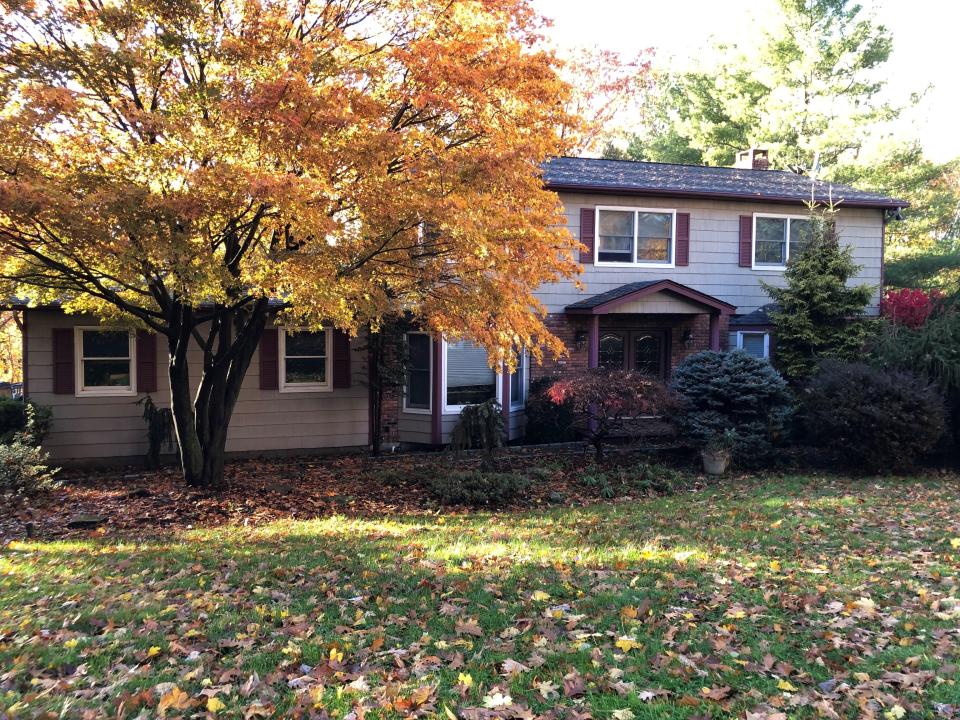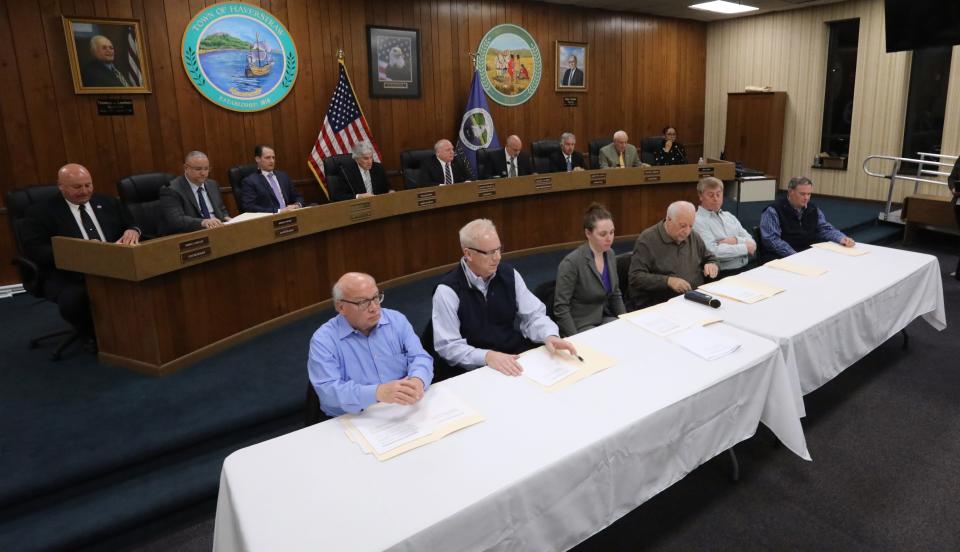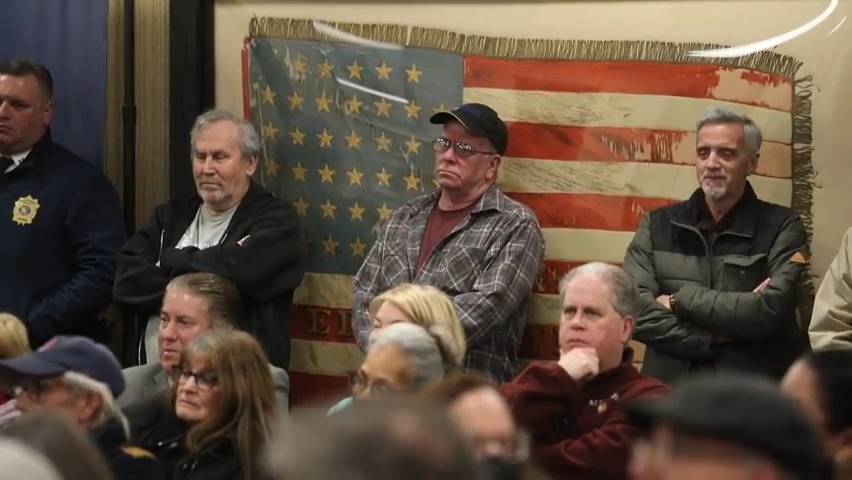Federal judge dismisses legal challenge to Haverstraw residential synagogue, federal law
- Oops!Something went wrong.Please try again later.
HAVERSTRAW - A federal judge has dismissed a legal action seeking to block a residential synagogue and overrule a federal law aiming to protect religious liberty.
The case involved residents opposed to a synagogue at 62 Riverglen Drive. Haverstraw officials had approved K'hal Bnei Torah of Mount Ivy's plan to convert the single-family house into a synagogue.

The Orthodox Jewish congregation's attorneys argued for dismissal of the legal action. They cited the constitutional protection of religion, specifically the federal Religious Land Use and Institutionalized Persons Act of 2000.
Attorneys for three neighbors behind the legal challenge countered that RLUIPA is not only not applicable but is flawed law that discriminates in favor of religion. The lawsuit challenged RLUIPA's constitutionality and cited the federal government and the congregation.
The residents also argued the synagogue posed a public nuisance due to traffic and parking.
Federal judge outlines dismissal
U.S. District Court Judge Cathy Seibel tossed the legal action on the grounds the court lacked jurisdiction over the case involving the federal government.
In an opinion released on Wednesday, Seibel noted the United States had sovereign immunity from the claims of the residents, whom she found failed to establish any independent jurisdictional basis for their claims.
"It is, of course, ‘axiomatic’ under the principle of sovereign immunity ‘that the United States may not be sued without its consent and that the existence of consent is a prerequisite for jurisdiction,’ Seibel wrote in her 14-page decision.
She also wrote the United States would have to waive its sovereign immunity and has not.
Attorneys for neighbors John and Tina Coritsidis and Kareen McKenzie, agreed the United States has not waived sovereign immunity, Seibel wrote.
But Seibel disregarded their contention that exception to sovereign immunity applies because they challenged the constitutionality of a statute and the United States “has intervened in this litigation to endorse and uphold the constitutionality of RLUIPA so it can be enforced in favor" of the congregation and against the neighbors' claims.
"In so doing, plaintiffs misstate the law and distort the facts," Seibel wrote.
On March 30, 2023, the neighbors amended their complaint and dropped RLUIPA claims. Instead, they asserted the congregation's actions constitute both a private and a public nuisance.
The congregation's attorney, Weil, Gotshal & Manges in Manhattan, moved to dismiss the complaint for lack of jurisdiction and failure to state a claim. The law firm also argued the neighbors lacked standing, failed to allege a proper basis for subject matter jurisdiction, and allege any plausible claim for private or public nuisance.
The neighbors have 30 days to appeal Seibel to the Second Circuit Court of Appeals. Their attorney Elliot Pell didn't immediately respond.
Pell has said "RLUIPA shouldn’t count in this case, and RLUIPA shouldn’t count in any case. Not how it’s written.”
Pell said he believed the Haverstraw case could lead to the U.S. Supreme Court revisiting the constitutionality of the RLUIPA statute.
Congregation sues after Planning Board rejection
The synagogue proposal has been contentious for a few years. The congregation applied for land use approvals in 2021.

Legal action: Synagogue sues Haverstraw after plan rejected; cites religious discrimination, RLUIPA
After the Planning Board rejected their proposal, the congregation filed legal action in 2022 citing RLUIPA and state law.
The congregation's lawsuit cited antisemitic comments from a neighbor during a Planning Board hearing that drew rebuke on the local, state and national levels. Other residents said the synagogue would change the character of the neighborhood.

The Haverstraw Town Board settled with the congregation. The settlement called for the town to pay $235,000 of the congregation's legal fees and for a slight reduction in the synagogue's size. The stipulation agreement also states that no one admits any wrongdoing.
Steve Lieberman covers government, breaking news, courts, police, and investigations. Reach him at slieberm@lohud.com Twitter: @lohudlegal
Read more articles and bio. Our local coverage is only possible with support from our readers.
This article originally appeared on Rockland/Westchester Journal News: Haverstraw NY synagogue challenge dismissed by federal judge

